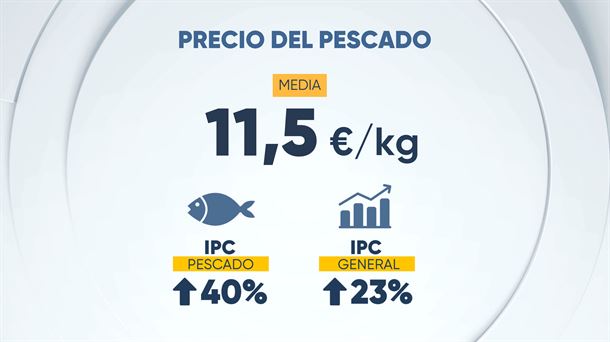All the polls ahead of the UK general election next Thursday give Labour an overwhelming advantage. Brexit and its impact on the British economy, Covid and the rise in the cost of living seem to have buried the Conservative Party’s hopes.
The UK is holding an election this Thursday, July 4, which is predicted to return power to Labour after fourteen years outside Downing Street, giving them an overwhelming advantage, while the Prime Minister’s Conservatives, Rishi SunakAccording to all the polls, they are trying to minimize the defeat.
These will be the first elections since Britain left the European Union and will be marked by the consequences of Brexit itself.
According to some polls, Labour has a lead of as much as 20 percentage points over the Conservatives and the polls are saying they would get 41% of the vote, meaning that Keir Starmer he could become prime minister with a majority of more than 200 seats, the largest of any post-war government.
The current Prime Minister presents himself to the Conservative Party Rishi Sunakwho are facing an electoral disaster in some parts of the country. In the last elections it won 365 seats and is expected to get only about 20% of the total votes.
Brexit and its impact on the British economy, Covid and the rise in the cost of living appear to have buried the Conservative Party’s hopes.
The British electoral system favours the two major parties, the Conservatives and Labour. But discontent with the Conservatives has also given a boost to the far right, which, along with four other parties, the Liberal Democrat Party, the Reform UK Party – formerly the Brexit Party – the SNP and the Green Party, have options for representation.
How does the British electoral system work?
The country is divided into 650 constituencies, and in each of them the citizens elect one candidate. In this way, the voters directly elect a member of parliament in the Lower House, one for each constituency, without having to draw up party lists. The leader of the party that wins the most legislators becomes prime minister.
Of the 650 MEPs, 543 represent England, 57 Scotland, 32 Wales and 18 Northern Ireland. Under this system, there is no requirement to obtain an absolute majority, nor to hold second rounds.
Source: EITB
I’m Wayne Wickman, a professional journalist and author for Today Times Live. My specialty is covering global news and current events, offering readers a unique perspective on the world’s most pressing issues. I’m passionate about storytelling and helping people stay informed on the goings-on of our planet.



